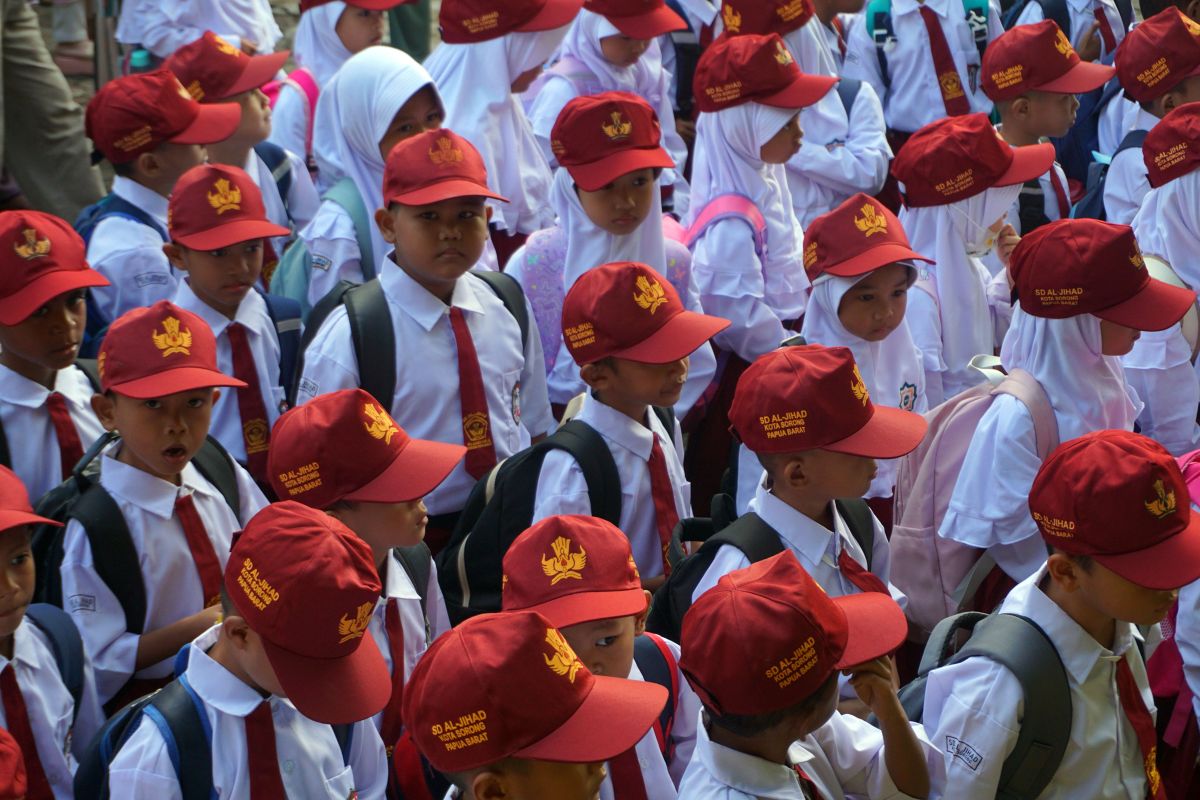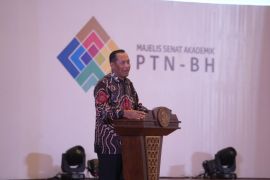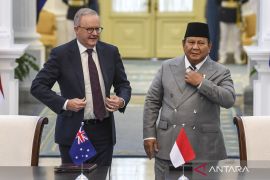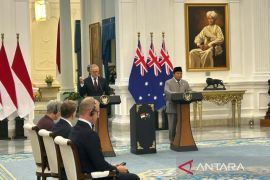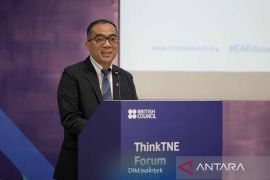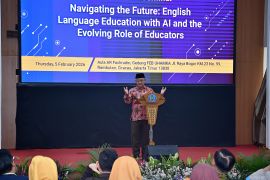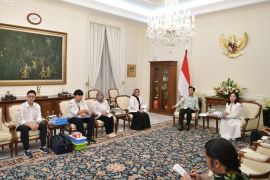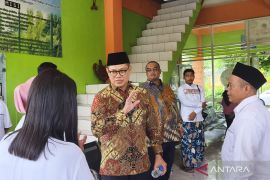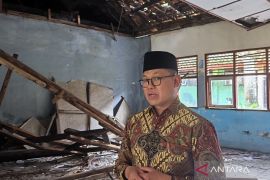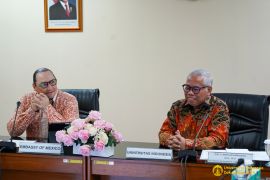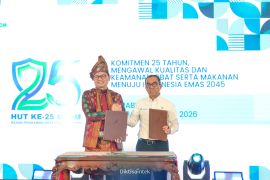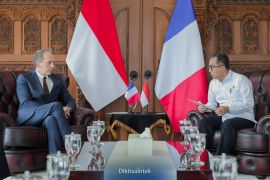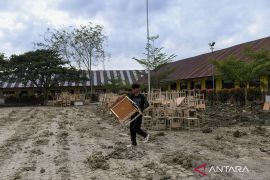This initiative stems from the need to address Indonesian students' mathematical and numerical understanding, following the report from the Program for International Student Assessment (PISA) 2022 published at the end of last year.
PISA is a program from the Organization for Economic Cooperation and Development (OECD) that routinely assesses a country's education quality.
The 2022 PISA survey reported that 15-year-old Indonesian students scored 366 in mathematics, significantly below the average score of 472 among OECD member countries.
In addition, Indonesian students scored 359 points on the reading test, compared to the world average of 467 points.
On average, Indonesian children's math and reading scores also fell compared to the 2018 PISA survey.
It is important to note that the 2022 PISA survey was supposed to be conducted in 2021 but was postponed due to the COVID-19 pandemic.
The global health crisis is also said to have contributed to a decline in literacy scores among Indonesian students, as reported by PISA, with 60 percent experiencing school closures for more than three months due to COVID-19.
The stigma
After being summoned by the president in a limited meeting at the presidential palace, Minister of Primary and Secondary Education Abdul Mu'ti revealed that he was given a mandate to improve the quality of mathematics learning and teaching methods, particularly for grades 1-4 of elementary schools.
There was also a proposal to introduce mathematics from the kindergarten level.
The government will also prepare a mathematics teacher training program, targeted for implementation next year, and create a curriculum to make mathematics a fun and easy-to-teach subject.
The minister emphasized the term "fun" as mathematics is often perceived as a difficult subject, with many formulas, and is believed to be mastered by only smart people.
This stigma has become a tradition passed down generations in Indonesian society, leading many students to develop anxiety and resistance toward the subject.
In a recent highlight, a high school teacher’s Instagram video showcasing 12th-grade students struggling with basic multiplication and division problems sparked widespread concern.
In the video, some students found it difficult to solve problems such as 24:3 and 10:2, which should have been mastered in elementary school.
Juju Julaeha, a physics teacher from Sumedang District, West Java, shared the video highlighting the low numeracy skills of her students. She discovered that many of them struggled with basic mathematical operations.
This realization came about when she gave a simple multiplication problem to one of her students, only to find that the student could not solve it.
To assess the extent of the issue, Julaeha conducted a quiz to identify students who could perform multiplication and division. The results, as seen in the viral video with 6.9 million views, were alarming, revealing a significant number of students lacking fundamental mathematical skills.
"After the icebreaker, I invited the children to talk and think about what we could do better," Julaeha said while encouraging her students.
Julaeha's video highlights the urgent need for improved mathematics learning in Indonesia, even though the archipelagic nation has a history of success in international science and math competitions.
Altering the narrative
Meanwhile, the Ministry of Primary and Secondary Education conducted a trial of teaching mathematics at the Angkasa Kindergarten in Palembang, South Sumatra, earlier this month.
With the trial, the ministry aims to shift the narrative by emphasizing the fun and practical aspects of the subject to address the negative perceptions associated with mathematics.
By introducing basic mathematical concepts from an early age, the government hopes to foster a positive attitude towards mathematics among students.
Assuring students that math is important in life involves a combination of practical examples, engaging teaching methods, and relatable stories.
Math is used in everyday life to break down simple and complex problems and analyze information and find logical solutions.
Students should also be made aware that a strong foundation in maths opens doors to a wide range of exciting and well-paying jobs.
Whether becoming a data scientist, a financial analyst, or a software engineer, mathematics provides a solid foundation for a wide range of exciting and rewarding professions.
Role models
The realm of mathematics, often perceived as a dry and complex subject, can also be transformed into a captivating adventure through the influence of inspiring role models
At a time when traditional methods are not very effective in increasing students' interest in learning, Ruangguru, a leading Indonesian edtech company, sees an opportunity to inspire through the digital world, one of which is by creating the educational channel Clash of Champions on YouTube.
Following in the footsteps of several educational quizzes broadcast in the 2000s, which received a positive response from the public, Clash of Champions features students from all over Indonesia competing in various subjects, including math, science, history, and literature.
The students who study at top universities in Indonesia and abroad are put through a series of challenges and tests to determine who is the best in their field.
These champions, who started to become famous and gained many followers, possess the power to ignite a passion for learning in young minds and broaden their horizons.
By sharing their passion, knowledge, and experiences in the competition, these "champions" may inspire students to dream big and transform the perception of mathematics from a daunting subject to an exciting and rewarding pursuit.
Related news: Religion Ministry asked to strengthen STEM education, digitalization
Related news: Ministry urges young women to master STEM, digital literacy
Editor: Rahmad Nasution
Copyright © ANTARA 2024
